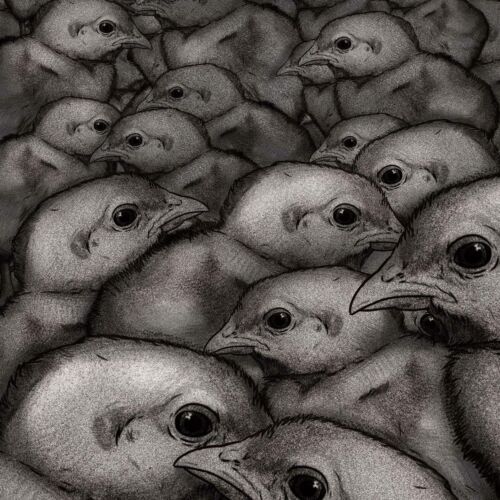Why Orcs speak cockney and the fight against English in India
Prime Minister Narendra Modi’s government has opened a medical college in Hindi in the state of Madhya Pradesh as part of the marginalisation of English, treated as a remnant of colonial times. This has required, among other measures, the translation of course textbooks, although studies in English will still be possible. In October this year, Modi spoke of the ‘slave mentality’ associated with the language, and in the state of Maharashtra, officials of the ruling Indian People’s Party have been banned from greeting petitioners with the word “hello”. Instead, the expression “vande mataram”, or “I bow to you, motherland”, is in use. In San Francisco, learning Cantonese was not a problem until recently, as emigration from southern China has always been strong there. However, the Chinese government’s emphasis on the use of Mandarin – the national language now spoken by one billion people – and changing migration patterns have contributed to the disappearance of Cantonese. Among the approximately 85 million speakers worldwide, there are concerns about the survival of the language and Cantonese culture in the future.
In the Lord of the Rings: the Rings of Power series, the Hobbits speak with an accent intended to resemble an Irish variety of English. Elves and people of high birth use Received Pronunciation. Dwarves traditionally sound like Scots, while Orcs speak in cockney. According to researcher Natalie Braber, who works in sociolinguistics, the study of accents in society and their impact on language and identity, this is the reproduction of stereotypes, taking shortcuts and thinking characterised by laziness, based on research whose findings have changed little over the past 60 years.























